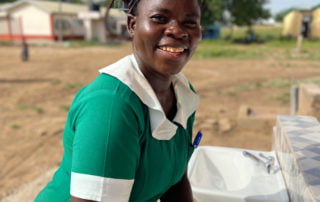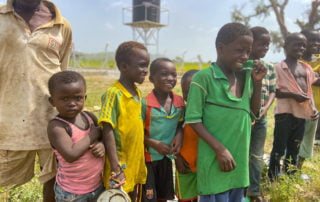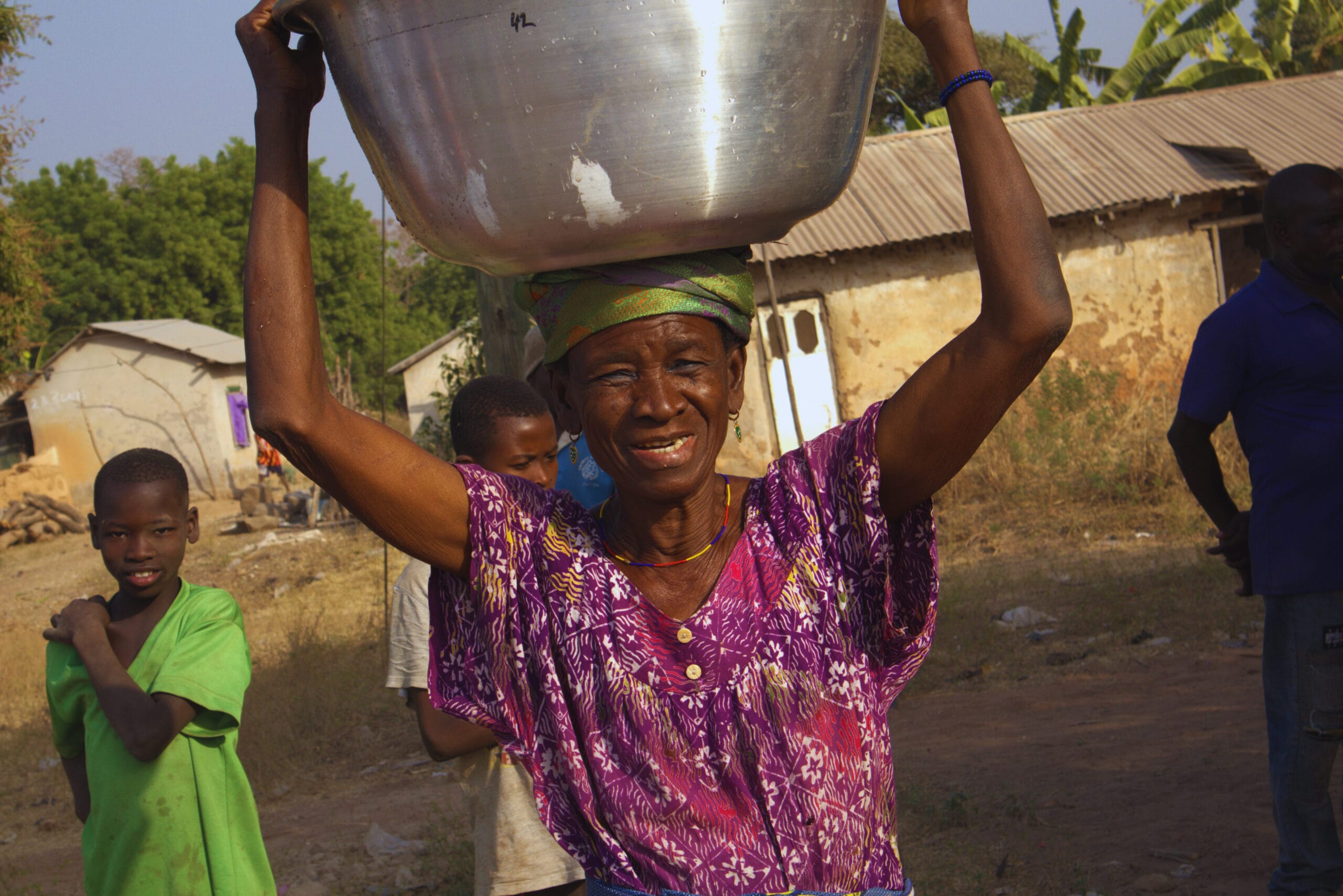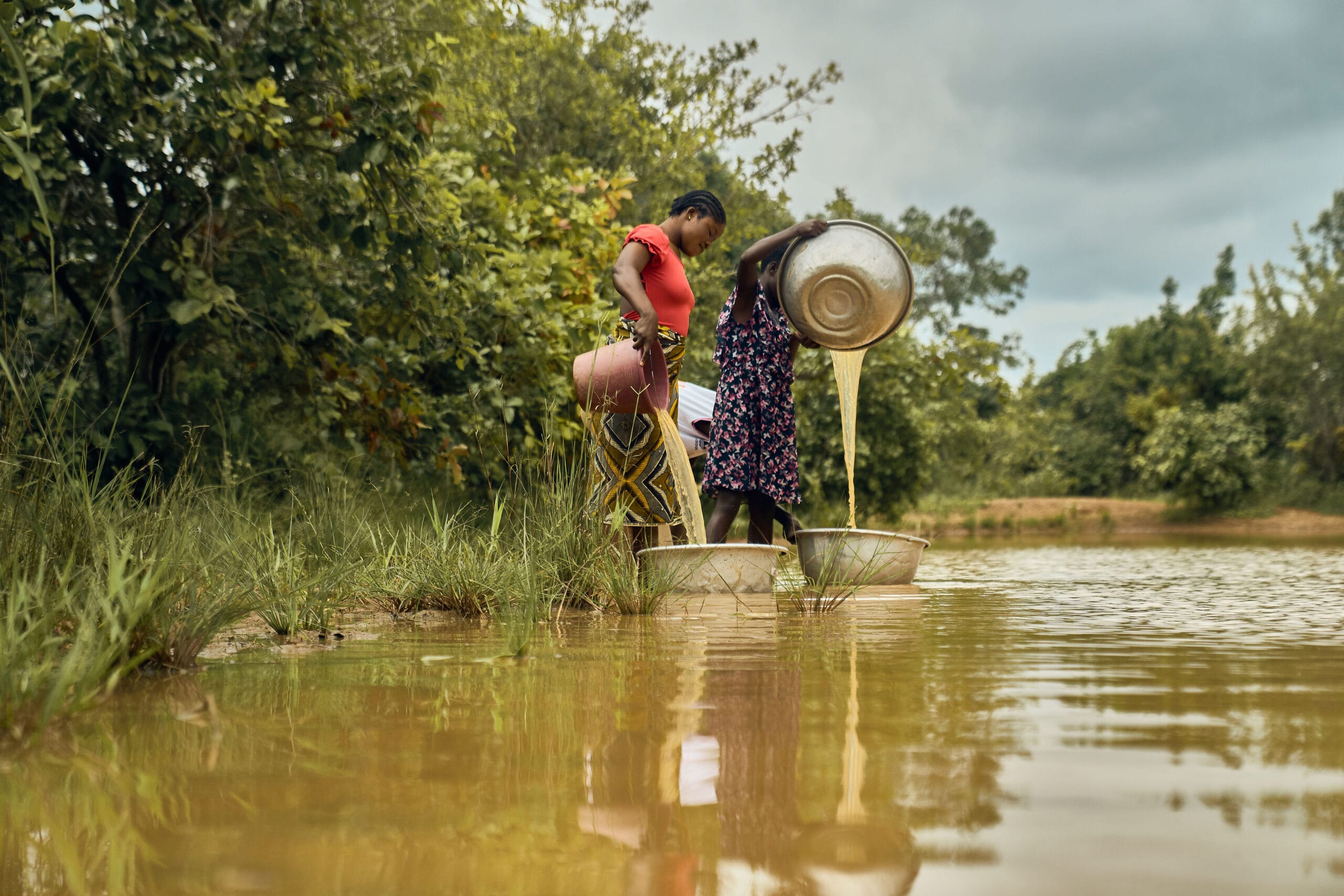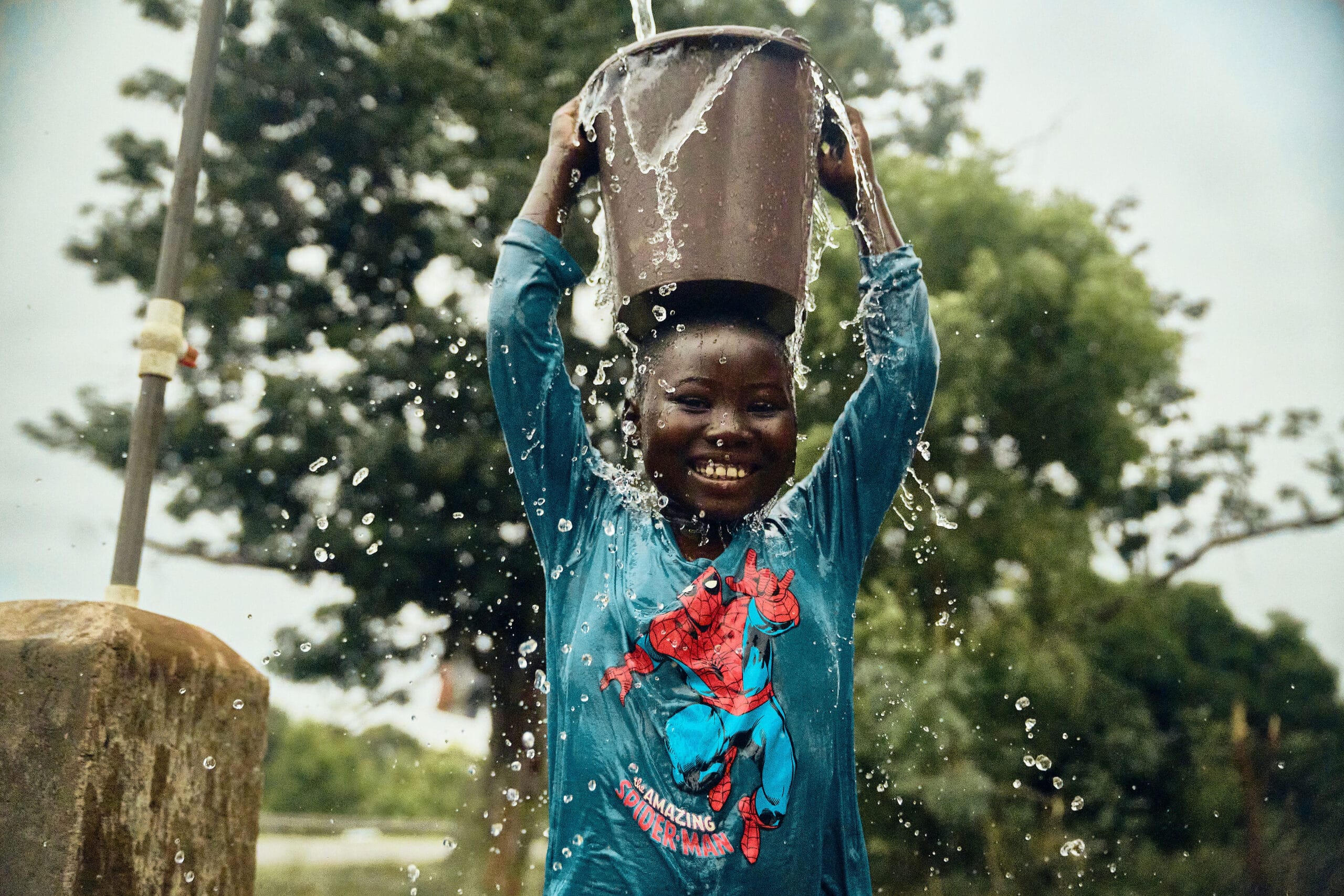The Greater Threat
Imagine living in a region of the world where an attack by Islamic extremism is always a threat – and access to clean water is a bigger threat. Officials recently warned as severe malnutrition and the risk of water-borne disease collide, children could die in alarming numbers.
“History shows that when high levels of severe acute malnutrition in children combine with deadly outbreaks of diseases like cholera or diarrhea, child mortality rises dramatically – and tragically. When water either isn’t available or is unsafe, the risks to children multiply exponentially,” said UNICEF Executive Director Catherine Russell. “Across the Horn of Africa and the Sahel, millions of children are just one disease away from catastrophe.”
Long spared by the Sahel’s armed groups, Burkina Faso now faces increasingly frequent and lethal attacks in its north, affecting people in the south along the Ghana border. As a result, those in the south are fleeing the violence and settling in northern Ghana as refugees, and clean water is a significant challenge in the rugged area.
Although this insecurity, in large part, is an extension of the Malian conflict, the crisis has a strong local influence. The extremist groups, which often are portrayed as tied to jihadists elsewhere in the Sahel of West Africa, are first and foremost a movement challenging the prevailing social order in Burkina’s Sahel region.
To help with the challenge of clean water resources…
Water for West Africa (WfWA), is partnering with local organizations in Northern Ghana to help provide clean water and sanitation to communities that are taking in refugees from Burkino Faso seeking safety.
The partnership primarily involves UNICEF and Rural Water Development Project (RWDP). This partnership is essential to provide sustainable resources such as clean water and sanitation for communities, schools, and rural hospitals.
Through this partnership, WfWA recently drilled three new wells in the Bawku area of northern Ghana, using mechanized solar power pumps as a sustainable green energy source. Where every dollar counts, solar power is a significant cost saver that helps to fight climate change. These wells provide clean water and sanitation for over 1000 people daily.
Committed to Serving
Please help provide life-saving clean water for those who have been displaced by conflict. You can help be part of the solution to this crisis in Northern Ghana by helping to drill five more wells in these communities. Our goal this giving season, we have a goal to raise $50,000 for ten communities in 2023.

